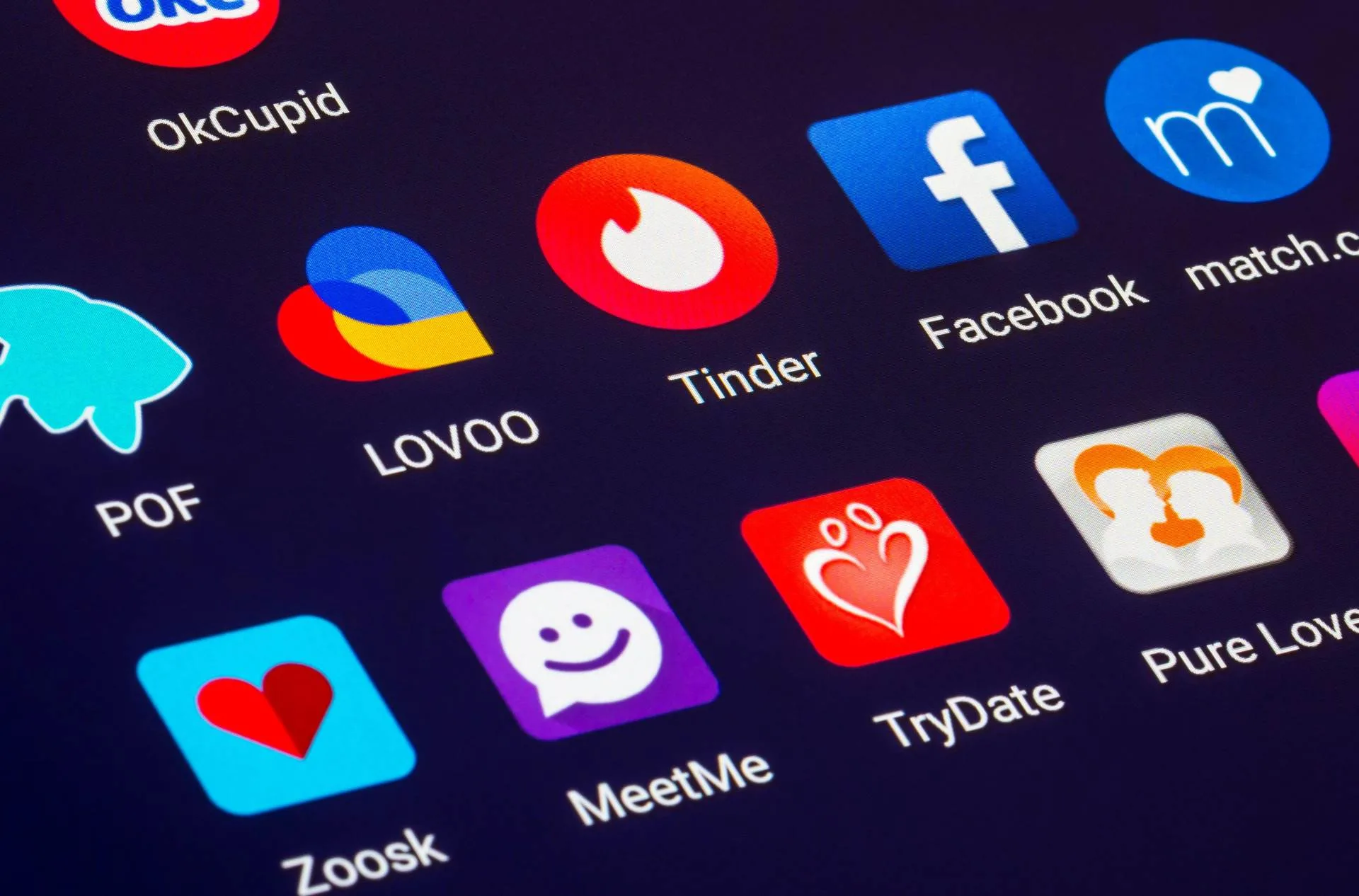
Deceptive individuals are leveraging Artificial Intelligence (AI) more and more, using it for various scams, from online dating cons to phishing attacks. Kevin Gosschalk, the CEO of Arkose Labs, emphasized the rise of AI-powered fraudulent activities and the difficulties individuals and businesses encounter in recognizing these sophisticated threats.
In the cybersecurity sphere, worries are mounting regarding scammers’ use of artificial intelligence for intricate fraudulent plots. Proficient criminals employ AI to fabricate compelling false identities on dating sites, fostering seemingly genuine connections with unaware users. What starts off as a sincere bond can rapidly transform into a scammer’s tactic aimed at deceiving and extorting money from their chosen victim.
Thieves using AI generated images in romance scams, how you can spot the fake people
These troubling developments stand out due to their vast scale, as bots generate an enormous volume of fake accounts. Initially, AI-powered conversations mimic human interaction incredibly well, leading the victim to develop a significant emotional connection. At this pivotal moment, a human scammer steps in, aiming to exploit and defraud the individual.
Romance scams: How to recognize and report them
AI sophistication has transformed phishing scams, rendering them more challenging to identify. No longer marked by obvious grammatical errors, these scams now feature meticulously crafted messages generated by AI, tricking recipients into a deceptive sense of safety.
The problem goes beyond individual interactions. Dishonest sellers are fabricating false reviews and product details, creating a false image of excellence and trustworthiness that targets unsuspecting online buyers. As AI advances and becomes more accessible, 2024 is expected to see an alarming surge in AI-driven scams. This misuse of AI blatantly undermines genuine innovation and highlights the growing necessity for sophisticated defenses against these clever cyber threats.










